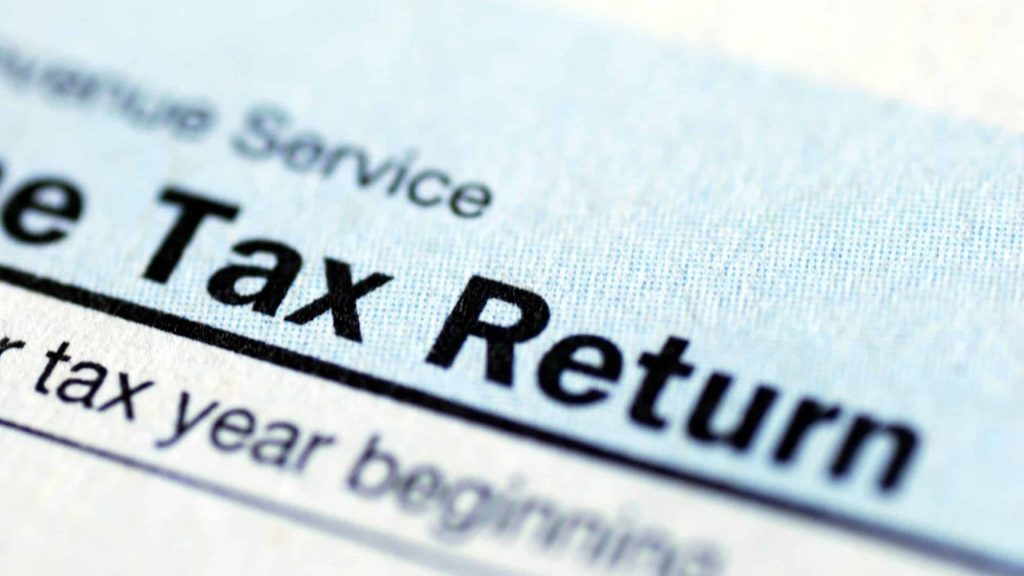
Amending a tax return can be a source of anxiety for many, especially when concerns about potential penalties arise. This article examines the specific situations where a penalty for amending tax returns might occur. Amending taxes, although not inherently penalized, can lead to penalties if the amendment results in a higher tax liability that isn’t paid on time. This article will explore those situations and the associated penalties in detail.
When Do Penalties Apply for Amended Tax Returns?
While filing an amended tax return (Form 1040-X) doesn’t automatically trigger a penalty, specific situations can lead to penalties, particularly if the amendment reveals a larger tax liability than initially reported. Here’s a closer look at potential penalties:
- Late Payment Penalty: A late payment penalty applies when you owe additional taxes after filing an amended return and fail to pay the amount due by the original due date. The penalty is 0.5% of the unpaid balance for each month or part of a month the tax remains unpaid, with a maximum penalty of 25% of the unpaid amount.
- Accuracy-Related Penalty: This penalty, generally 20% of the underpaid tax, is imposed when there’s a significant underreporting of tax on the original return, leading to a notable difference after the amendment. This applies if the underpayment is more than the larger of $5,000 or 10% of the correct tax liability.
- Excessive Refund Claims: If an amended return results in a refund larger than what’s rightfully owed and the IRS deems the refund excessive, a penalty can be imposed.
- Interest on Unpaid Tax: Regardless of penalties, interest is charged on any unpaid taxes from the original due date of the return, even if you file an amended return. The interest is calculated at the federal short-term rate plus 3%, compounding daily.

Reasons to File an Amended Return and Avoiding Penalties
Common reasons for filing an amended return include correcting income errors, claiming missed deductions or credits, or adjusting filing status. If the amendment leads to a lower tax liability, you might receive an additional refund. However, if the amendment doesn’t have a reasonable basis and leads to an excessive adjustment, the IRS might consider it unjustified and impose a penalty, particularly if proper documentation is lacking.
To avoid penalties when amending your tax return, consider these strategies:
- Timely Payment: If you owe additional taxes, pay them as quickly as possible to prevent the accumulation of penalties and interest.
- Installment Agreements: If paying the full amount immediately isn’t feasible, discuss setting up an installment agreement with the IRS. Keep in mind that while this option allows you to pay in installments, interest and potentially some penalties may still apply.
- Consult Tax Professionals: Consulting with a qualified tax professional or using reliable tax software can help ensure the accuracy of the amendment and potentially prevent costly errors and penalties.
First-Time Penalty Abatement
The IRS may offer a first-time penalty abatement (FTA), an administrative waiver, for situations involving failure to file, failure to pay, or failure to deposit penalties. While there’s no specific penalty for filing an amended return, it might fall under these categories if it leads to additional tax liability. Including a request for an FTA in an explanation letter accompanying the amended return might increase the chances of receiving this waiver if you meet the IRS criteria.
While there’s no direct penalty for amending a tax return, understanding the potential penalties associated with underpayment, excessive refund claims, and the accrual of interest is crucial. By paying promptly, exploring installment agreements if necessary, and seeking professional guidance, you can effectively manage the process and minimize potential financial consequences. Remember, the IRS generally encourages taxpayers to correct errors, and taking timely and appropriate action can lead to favorable outcomes.